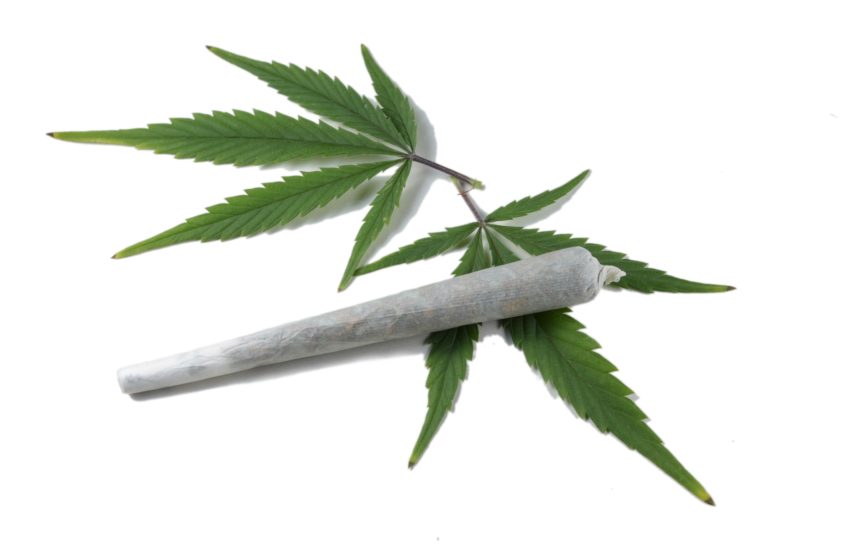A new survey out today suggests that a majority of Kiwis, from right across the political spectrum, favour decriminalising cannabis. While this wouldn’t give the same benefits as full legalisation, it would still cut criminal justice costs substantially. Overall this survey is a wake up call for politicians who, much like the debate over assisted dying, have wanted to avoid the issue completely. There is public appetite for a debate and it is time to have it.
Survey
This survey indicates a real shift; for the first time a majority of people support reform of our cannabis laws. Only 34% favour retaining prohibition of possessing a small amount of cannabis, while 31% favour decriminalizing and another 33% want full legalization. Clearly people are seeing the experience overseas and realising that removing prohibition won’t be the end of the world.
Overall survey respondents felt that personal possession and growing for personal use should be decriminalized, while there was support for full legalization of use of cannabis for medicinal purposes.
The support for decriminalisation of possession for personal use came from right across the political spectrum. ACT and Green party supporters were out in front as the biggest fans – probably the only time they will agree on an issue. However, even a majority of NZ First and National voters favoured decriminalisation. You know when these guys are behind it you are on to a sure fire thing.
Decriminalisation vs Legalisation
There is quite a big difference in practice between decriminalization and legalization, and a large number of different options over what acts each could apply to. Decriminalisation means that the acts would be no longer a crime, but penalties could still apply – much like parking fines they would hit your pocket but not end up on your criminal record. Legalisation of course means it is all fair game.
The various acts that can be prohibited, decriminalised or legalised include a spectrum of possibilities from:
- possession for pain relief,
- possession for personal use,
- growing for personal use,
- growing for friends and
- selling
This survey indicates majority support for making the first legal, and decriminalising the next two.
Decriminalisation brings the advantage of reduced police and court costs from dealing with cannabis related offences. The Law Commission estimates that 40% of the $400m spent dealing with drug offences are linked with cannabis, which works out at around savings of $160m. Overseas that has allowed more resources to go into reducing violent crime, which has led to a 6% reduction.
However the downside of decriminalisation is that it doesn’t generate revenue for the government’s coffers, whereas legalisation allows a tax to be applied to the sale of cannabis. For example, if there were concerns over the health impacts of increased use, a tax could be placed on the sale of cannabis to a level that keeps the price the same as it is in the black market. A conservative estimate of the revenue this would generate is around $150m. This revenue is currently going to criminals, but with legalisation and a tax it could be used to fund schools and hospitals, including drug rehab programmes. From the experience in Colorado cannabis should become cheaper over time, so the tax could be increased commensurately, generating even more revenue. Another advantage of legalisation is that it allows the market to be regulated to ensure the product is safe.
Of course there are many other things to consider, such as health impacts, but experience overseas suggests that these are minor. The main concern is youth consumption, which carries a risk of psychosis amongst some people. However, there is no evidence that legalization or decriminalization has increased youth consumption overseas, in fact it has tended to reduce. I’ve discussed the detailed pros and cons of full legalisation with Jesse Mulligan on National Radio previously.
Regardless of the details this survey is a clear indication that New Zealand is ready for a debate on this issue. Much like assisted dying, the time has come for politicians to accept that they have more votes to win than lose by having the conversation about decriminalisation and legalization of cannabis.

